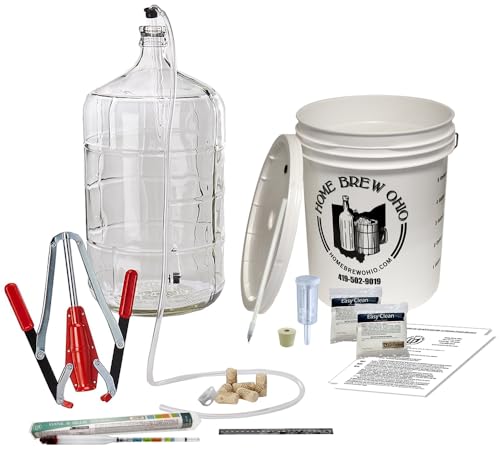Grape Expectations
Member
I have been making orange wine and found that it tasted a bit acidic (3.4 pH) so I added 2 tsp of precipitated chalk to my 10L buckets at the outset on this latest batch, but I am finding the finished product just doesn't taste right, it's like something is missing because that acidity is no longer there (3.8 pH). It's hard to explain it but the wine smells like a Band Aid, an antiseptic smell?
The "original product" with no chalk added, seemed acidic but I think that acidity helps the overall profile.
It doesn't help that I keep drinking my wine young and, I know it mellows out if it's left a month or two. Since lowering the acidity increases the risk of bacteria (and it was never overly acidic to start with) I think adding the chalk isn't helping it.
This last batch is the strongest I have made yet at around 17.5% and I am sure I am pushing this yeast to its limit. Lowering the acidity did not speed up the fermentation process. This yeast is very hardy.
This batch with lowered acidity is arguably "more quaffable" but I don't like my wine coming out the way this has. I won't be adding chalk next time.
The "original product" with no chalk added, seemed acidic but I think that acidity helps the overall profile.
It doesn't help that I keep drinking my wine young and, I know it mellows out if it's left a month or two. Since lowering the acidity increases the risk of bacteria (and it was never overly acidic to start with) I think adding the chalk isn't helping it.
This last batch is the strongest I have made yet at around 17.5% and I am sure I am pushing this yeast to its limit. Lowering the acidity did not speed up the fermentation process. This yeast is very hardy.
This batch with lowered acidity is arguably "more quaffable" but I don't like my wine coming out the way this has. I won't be adding chalk next time.
Last edited:











































